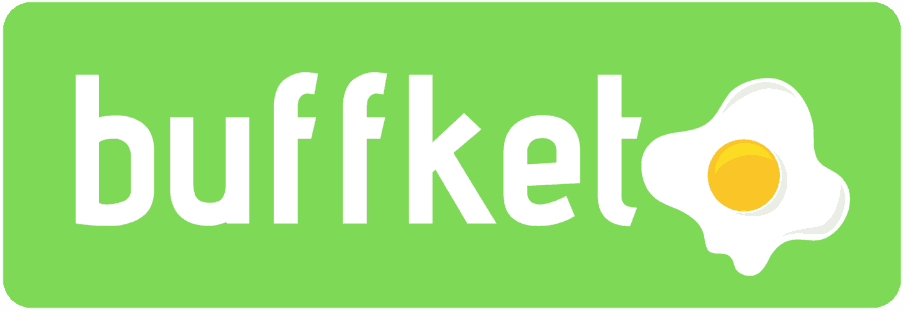What is keto? What are some of the benefits of keto? Isn’t fat bad and unhealthy for you? Can I eat this on keto? How do I start keto?
These are some of the questions that are asked when people are considering the ketogenic diet. When you are wanting to change something, you must first do your research. I suggest doing your research before diving into a major lifestyle change. This blog is intended to help people understand what the keto/low carb diet is and even give a few tips on how they can start eating low carb.

FIRST THING, WHAT IS KETO?
The ketogenic or low carb diet is simply eating fewer carbs and eating more fat with consuming moderate protein. Yes, high fat. Over the years we have been told that fats are dangerous and cause many health issues like heart disease and obesity. That is simply not the case many studies over the last few years have shown that natural fats (avocado, fatty fish, eggs, coconut oils, eat) are actually beneficial to our health and overall well-being. By staying away from high sugary foods (the main source of carbs) and eating more fats your body is able to control and stabilize insulin (fat storing hormone).
Insulin is the hormone that is created by the pancreas which converts the carbs we ingest into energy-storing the fat we consumed because it simply isn’t needed.
This is why many people become obese. They consume a high caloric diet consisting of both carbs and fats (from processed foods). The body only needs one to provide us with the energy for our bodies to function.
Once we have lowered our carbohydrate intake and we have depleted the glycogen storage the body is then able to enter into a state of ketosis. Ketosis is a natural state when the liver produces ketones through the breakdown of fats that are used for energy. Only when we have cut out all the crap aka carbs and processed sugary foods can our body enter the state of ketosis. Once in ketosis, we are able to see some pretty amazing benefits.
BENEFITS OF KETO
There are so many different benefits a person can see when they adapt to a ketogenic lifestyle. The main reason why so many people are jumping on to the keto diet craze is because of the amazing results they are seeing with body composition. Weight loss is the number one reason why we all start diets or change the way we are eating. The diet can also be used to help with medical conditions.
BENEFITS:
- Weight loss
- Insulin Resistance
- Control blood sugar
- Acne
- Mental focus
- PCOS
- Increased energy
- Hormones Balance
- Epilepsy
- Diabetes
- Cholesterol
- Blood Pressure
And so many other benefits can come from eating a low carb diet. Even if you aren’t at risk for any of these and are healthy many people report having better sleep and brain function It is always important to consult with your primary care physician and let them know what you’re up to and keep a tab on your health while adapting to a new lifestyle.
WHAT CAN YOU EAT ON KETO?
Now for the most important factor of any diet what can you eat? Many people when they hear the word diet are automatically put off by the idea. The mindset automatically turns to “I can eat this or that” or they think that they will always be hungry. When you’re starting a keto/low carb diet there are things you cant eat but there are also ways to substitute and so many different delicious things to eat.
AVOID THESE FOODS ON KETO:
- Grains
- Some fruits
- Sugar
- Legumes
- Starches
EAT THESE FOODS ON KETO:
- Meat
- Fish
- Eggs
- Vegetables (Those that grow above ground)
- Leafy Greens
- Coconut/avocado oils
- Butter
- Cheese

This isn’t a complete list of all the things you shouldn’t or should eat. Of course, you always want to look at the nutritional information/label of anything you eat.
THE KETO NUTRITION RATIO & HOW DO I START KETO?
It is important to remember that when eating a keto/low carb diet you should be consuming a ratio of high fat, moderate protein, and low carbs. A traditional keto diet breaks down your caloric intake near 70% fat 25% protein and 5% carbs.

AVOIDING THE “KETO FLU”
You’ve done your research, watched videos, listened to podcasts/interviews and maybe read some testimonials from people who have done the keto diet. Now you read to take the next step and actually start the diet. With doing your research you most defiantly have come across the term “Keto Flu.” This is very common among people who have drastically cut their carb intake. There are ways to prevent or at least minimize the effects of it. Side effects from the keto flu are usually fatigue, headaches, nausea, and cramps. Your body is in the transition from using carbs as its main source of energy. So in this time, our electrolytes (Magnesium, Potassium, sodium) become depleted and it’s important that we replenish them on a daily basis. There are supplements you can take or simply boiling some water and dropping a bouillon cube and drinking that can help alleviate the symptoms.
ONE LAST THING BEFORE YOU START KETO
Before starting it is important that you first have your mindset right. Understand that you will have to restrict the things that you are used to eating and that people will have their opinion on what you put into your body. It’s important to remember that you are trying to better yourself and that you have to experiment with things in order to find out how your body is going to react. There is no “one” diet for everyone or a quick fix. I hope this helped answer the question of “how do I start keto?”
If you found this information helpful, check out some of our other keto articles below:


